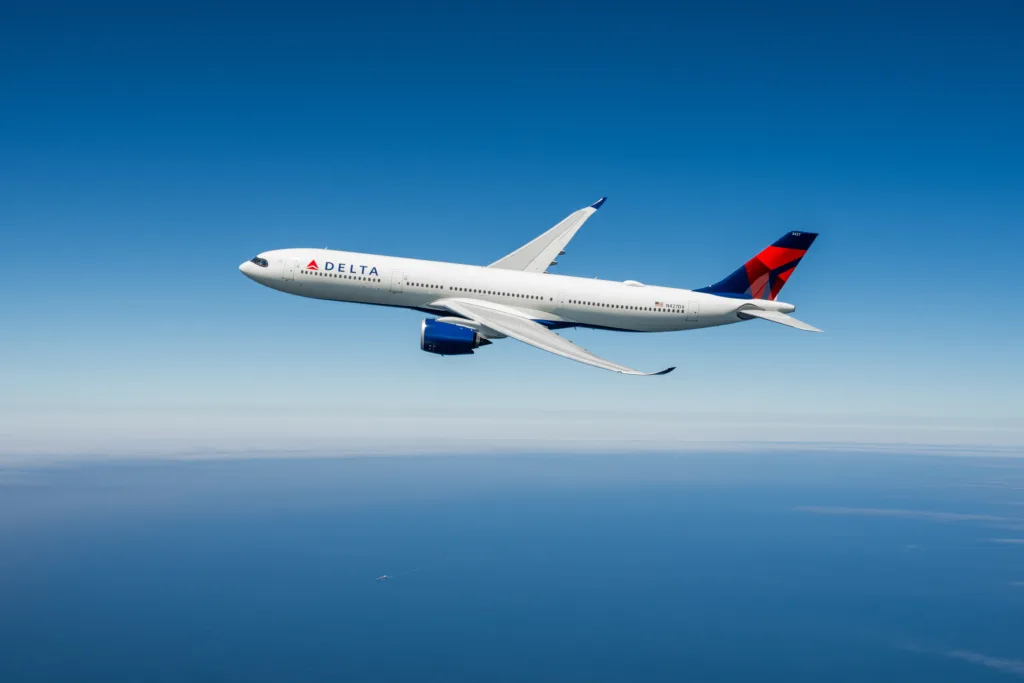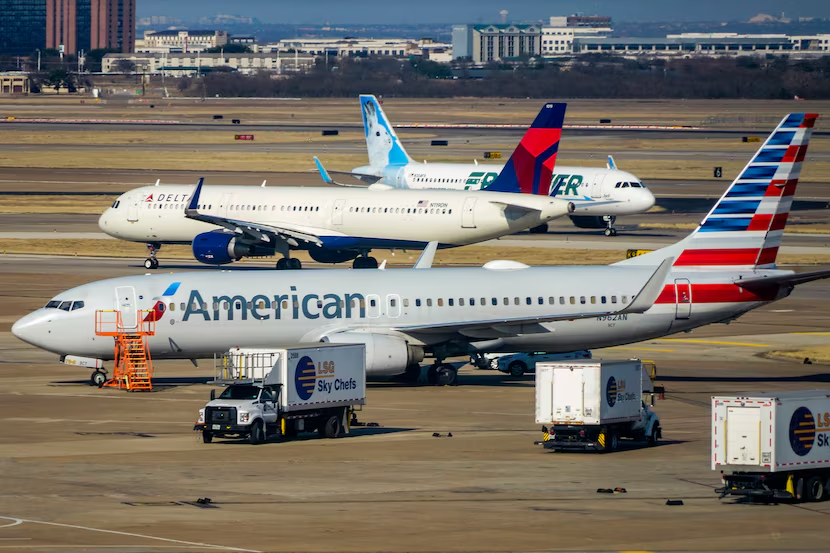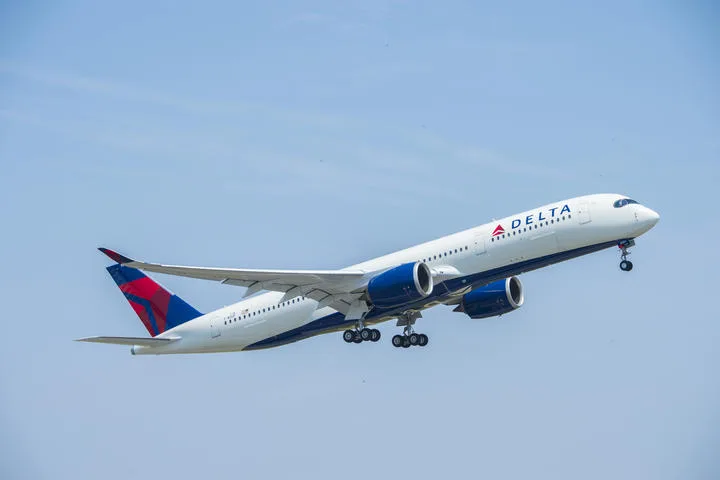Delta Air Lines is ramping up the use of artificial intelligence (AI) to price airlines tickets, aiming to increase profitability and retain a competitive edge in the highly competitive U.S. airline industry. In its Q2 2025 earnings conference call, President Glen Hauenstein reaffirmed that Delta’s AI Ticket Pricing now applies AI-based pricing models on 3% of its U.S. domestic network, from 1% in late 2024. Delta plans to ramp this number up to 20% by year-end.
This move is part of a broader partnership with Israeli tech startup Fetcherr, a specialist in AI-based revenue-optimization solutions. Hauenstein described the new price engine as “a super analyst, working 24/7” to make real-time customized prices. The shift involves Delta eschewing traditional fare systems and now employing machine learning to generate faster, more accurate fare determinations.
While Delta is marketing this technology as a way to increase efficiency and income, some critics might argue that the Delta AI ticket pricing method might make customers worse off with dynamic, opaque price alterations.

What Makes AI-Powered Airline Pricing Different?
Airlines have been relying on automated systems to revise fares according to demand, competition, and booking horizons for years. Delta’s use of AI, however, takes things several stages ahead. Unlike traditional revenue management systems, Fetcherr’s platform applies proprietary algorithms to forecast customer response, analyze market weaknesses, and revise prices accordingly.
Among the strengths of Fetcherr is a capability to copy e-commerce and high-frequency trading models with a view to making price decisions in near real-time. According to the company, its model has recorded a 9% boost in revenue in test cases and reduced more than 60% of manual tasks.
The Delta AI ticket pricing program introduces highly detailed, customer-by-customer prices, possibly based on such factors as location, frequent flyer status, or search history. This level of customization has been criticized as possibly discriminatory against consumers and as lacking transparency to passengers.
Consumer Effect, Fairness to Markets Issues
While AI-powered ticket pricing will likely increase Delta’s revenues, consumers and analysts are generally worried about its effect on airfare accessibility. As the airline pursues more aggressive profit margins, travelers will be likely to encounter frequently shifting prices that are harder to compare between websites.
Critics argue Delta is able to leverage its AI technology to “manipulate the market” as Fetcherr openly describes in its very own marketing presentation. The software’s strategic pricing methodology is designed to capitalize on competitors’ rule-based systems and maximize for profit by rapidly reacting to fare structure adjustments across the market.
If allowed to go unchecked, this would lead to more non-competitive prices and a lower degree of consumer capacity to obtain good bargains. While U.S. airline competition remains strong, Delta’s size and reach give it significant price power, particularly on high-demand routes.
Also, the possibility of tailored pricing, with the best customers receiving higher quotations based on willingness to pay factors could further muddy the waters between innovation and unfair trade practice.

Will Delta’s Competitors Jump On Board?
As Delta steps into the lead, other major U.S. airlines will take a close look at such AI-based price technology as well. If Delta’s AI ticket price growth works in spurring profits without undue customer complaints, rivals such as United Airlines and American Airlines may take the leap in quick succession.
Fetcherr had already tested its technology at Brazilian carrier Azul, but Delta Air Lines is its first big U.S. partner. If the system scales up to 20% of Delta’s domestic network by the end of the year, it could be a game changer for airline price models globally.
But there’s risk in AI deployment as well. A too-confident or poorly vetted AI model could turn back on its creators and bite them, causing customer annoyance, regulatory harassment, or destruction of reputation. Delta promised to roll out the system slowly so that it does not provide “unwanted answers,” hinting at sensitivity to these concerns.
Bottom Line: Delta AI Ticket Pricing
Delta AI ticket pricing represent a radical departure from how airline fares may be determined in the not-too-distant past. On the plus side, more sophisticated pricing could mean better seat management and more attractive last-minute offers. On the minus side, it could result in more variable fares, less transparency, and higher prices for frequent travelers.
As artificial intelligence becomes more embedded in airline systems, ethical pricing issues, customer rights, and market manipulation will become more relevant. For now, travelers should be careful, shop fares with incognito modes or VPNs, and book smart so as not to become victims of AI-based penalty algorithms.

Delta’s experiment with artificial intelligence fare pricing is a bold step that could resculpt the sale and purchase of airline tickets. Delta AI ticket pricing policy may boost the airline’s profits, but potentially at the expense of consumer trust and transparency in already complex marketplaces.
As the rollout gathers steam, travelers should expect to see more customized and perhaps pricier fare estimates. Whether this approach will ultimately gain favor or drive consumers away is anyone’s guess. One thing is clear, however: the era of algorithmic airfare has begun.
Please join our Telegram Channel for the latest aviation updates.
Flagged by PYOK

